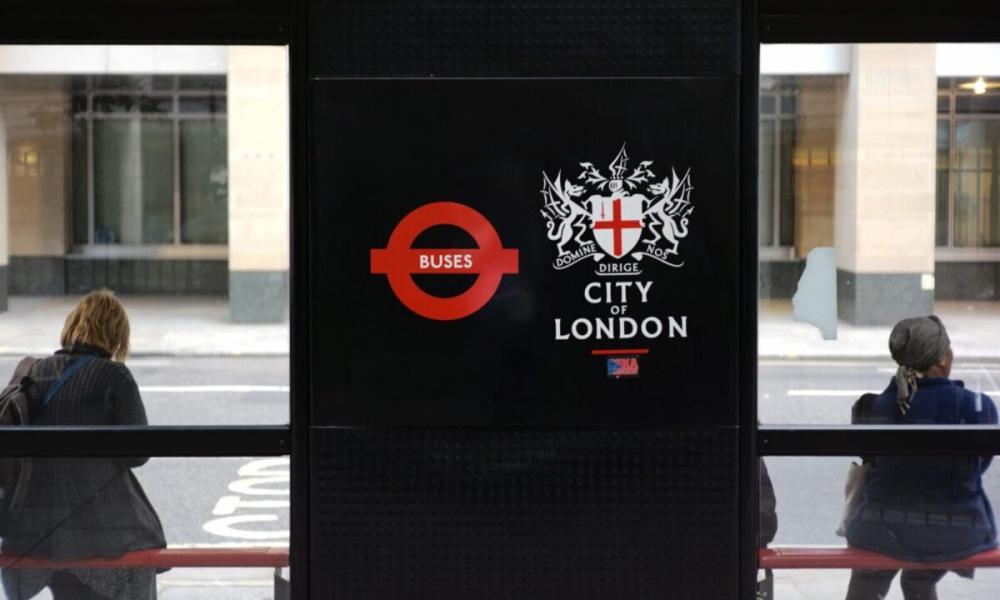Why economic growth alone does not make a better, healthier society


How do societies improve? How does a country ensure its population is healthier, wealthier, more educated, and less precarious? In other words, how do countries develop? This isn’t just the biggest question for poorer countries, but – as we’ve been seeing through an extraordinary week in UK politics – one that underscores political and economic debates worldwide.
Economic growth does not trickle down
For a long time, there was an assumption that economic growth was the key. Growing the economy provides the necessary income for governments to invest in societies: schools and universities, doctors and hospitals, welfare support, pensions, etc. Growth-is-god approaches framed both the nature of the problem (poverty results from weak national economic growth) and the solution (remove the bottlenecks to growth, and all will be well).
Inevitably, this orthodoxy was challenged. Poverty became seen in more than just monetary terms, and it became clear that economic growth created inequalities and new poverty traps. Even the IMF – long seen by its critics as the driving force of neo-liberal development – dismisses trickle-down theories that underpin the dash for growth. Benefits do not, they argue, trickle down. Instead, countries should focus on “raising human capital and skills“.
All of which makes the decision by the UK government under new Prime Minister Liz Truss to unleash growth monomania all the more surprising.
Is wealthier really healthier?
Why isn’t economic growth enough to reduce poverty and raise living standards? Perhaps global health debates can offer some lessons. In the 1990s, Lant Pritchett and Lawrence Summers (the latter a strong critic of Kwarteng’s mini-budget) argued that ‘wealthier is healthier‘. They showed that richer countries had healthier citizens, using life expectancy as a proxy for wider public health.
The correlation is not surprising, but importantly the data tells us where we are, not how we got there. This matters. We need to know whether it is the chicken of economic growth or the egg of health which comes first. If, like Pritchett and Summers, you see wealth leading to health, then pursuing economic growth at any cost might make sense.
Their critics highlight countries like Cuba and Costa Rica, which have higher life expectancies than the United States (79, 80 and 77, respectively). Cuba also has a lower infant mortality rate, despite the massive difference in wealth between the countries. Clearly, wealthier doesn’t necessarily mean healthier.
What the history of the UK can teach us about development and health
So, what is the link between wealth and health? In the UK, the Industrial Revolution unleashed economic growth and, with it, a shift in living standards. But it wasn’t just about growth – the most rapid period of which was after 1945. From the 1880s, the UK government increasingly invested – albeit gradually and partially – in social welfare: education, housing, benefits for the vulnerable, and health, culminating in the creation of the welfare state after 1945.
In other words, the bedrocks for a healthier society were put in place before rapid and significant economic growth took off. And that economic growth, in the context of a welfare state, created a virtuous circle whereby increased wealth could support improved health, and better health could support economic growth and productivity. Of course, a certain level of wealth was necessary to roll out social protections; but the idea that better health necessarily follows economic growth isn’t true. And so too for wider development.
This has important implications for the Truss government: policies that see economic growth as the sole outcome, from which all else will follow, will inevitably fail. Not just because they spook the markets, but because history tells us investing in the social fabric is a critical component of development, and cutting taxes for the rich doesn’t do that.
Social investment is key
We know that ill health is not just the result of viruses, bacteria and genetics. It also reflects non-health and social factors: poor housing, poor transport networks, no or poor employment, structural inequalities and racism, and so on. The social determinants of health – so critical to understanding why some groups were more vulnerable to the COVID virus than others – tell us that to improve health, one must improve the social fabric and promote equality through non-health policies as much as through hospitals and clinics. And this is true of broader development and well-being goals.
Bill Clinton famously employed the mantra, ‘it’s the economy, stupid’. That may be true of elections, but it certainly isn’t of improving health, improving wealth or for global development. It’s much more like a puzzle: it is incomplete without all the pieces, which must be carefully put together to generate good change for all, not the few. Kwarteng has written history books. A shame, then, he and Truss have decided to ignore the UK’s own history of development and growth and the lessons they teach about how to build a better society.
About the author
Mike Jennings is a Professor of Global Development in the Department of Development Studies. He blogs on global development and African politics at mikejennings101.wordpress.com.




